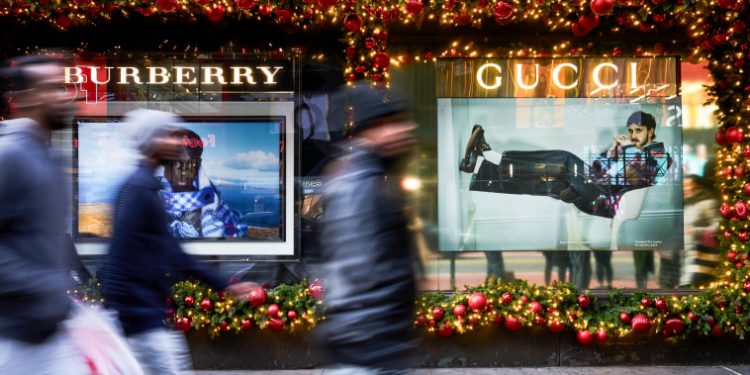Americans are feeling hopeful and optimistic about the state of the economy once again, although there are a few exceptions to this positive sentiment. After a tumultuous year filled with economic shocks and uncertainties due to the global pandemic, there seems to be a renewed sense of faith in the country’s financial future. As the economy rebounds, it is important to consider the factors contributing to this optimism and also acknowledge the challenges that some individuals and industries may still face.
One of the primary reasons behind the renewed optimism is the rapid progress of COVID-19 vaccinations across the nation. As more and more Americans receive their shots, there is a growing sense of confidence that the worst of the pandemic is behind us. With the easing of restrictions and the reopening of businesses, people are starting to see a light at the end of the tunnel. This newfound hope is translating into increased consumer spending, as people feel more comfortable venturing out and investing in various sectors of the economy.
The government’s response to the pandemic has also played a significant role in restoring faith in the economy. The Biden administration’s massive stimulus packages have infused the country with much-needed financial support, providing aid to struggling businesses and individuals. The direct payments, increased unemployment benefits, and assistance to small businesses have helped to stabilize the economy and boost sentiments. It has given Americans a sense that their government is actively working to alleviate their financial burden and get the economy back on track.
Additionally, the stock market has performed remarkably well in recent months, serving as a barometer of economic confidence for many Americans. Despite the initial crash in March 2020, the market has consistently rebounded and reached new all-time highs. This impressive recovery has reassured investors and everyday citizens that the economy has the potential for significant growth and prosperity. As stock portfolios regain value and retirement savings bounce back, people are feeling more secure about their financial future, further fueling their optimism.
However, while many Americans are optimistic about the economy’s overall trajectory, it is essential to recognize that not everyone shares the same sentiment. Several sectors and individuals continue to struggle, particularly those directly impacted by the pandemic’s fallout. Industries such as hospitality, travel, and events are still reeling from the repercussions of restrictive measures and reduced consumer demand. Additionally, those who lost their jobs or faced pay cuts during the pandemic may take longer to recover and rebuild their financial stability.
Furthermore, income inequality remains a significant concern, as the pandemic has disproportionately affected low-income households and people of color. While the overall economy may be improving, this disparity highlights the need for targeted interventions to ensure that everyone can benefit from the recovery.
In conclusion, Americans are experiencing a renewed sense of optimism about the economy as the nation steadily emerges from the challenges posed by the pandemic. Vaccination efforts, government stimulus packages, and a resilient stock market have all contributed to this positive sentiment. However, it is imperative to acknowledge that certain sectors and individuals still face hurdles on their path to recovery. Addressing these challenges and fostering an inclusive and equitable economic revival should be a priority for policymakers and society as a whole.

















